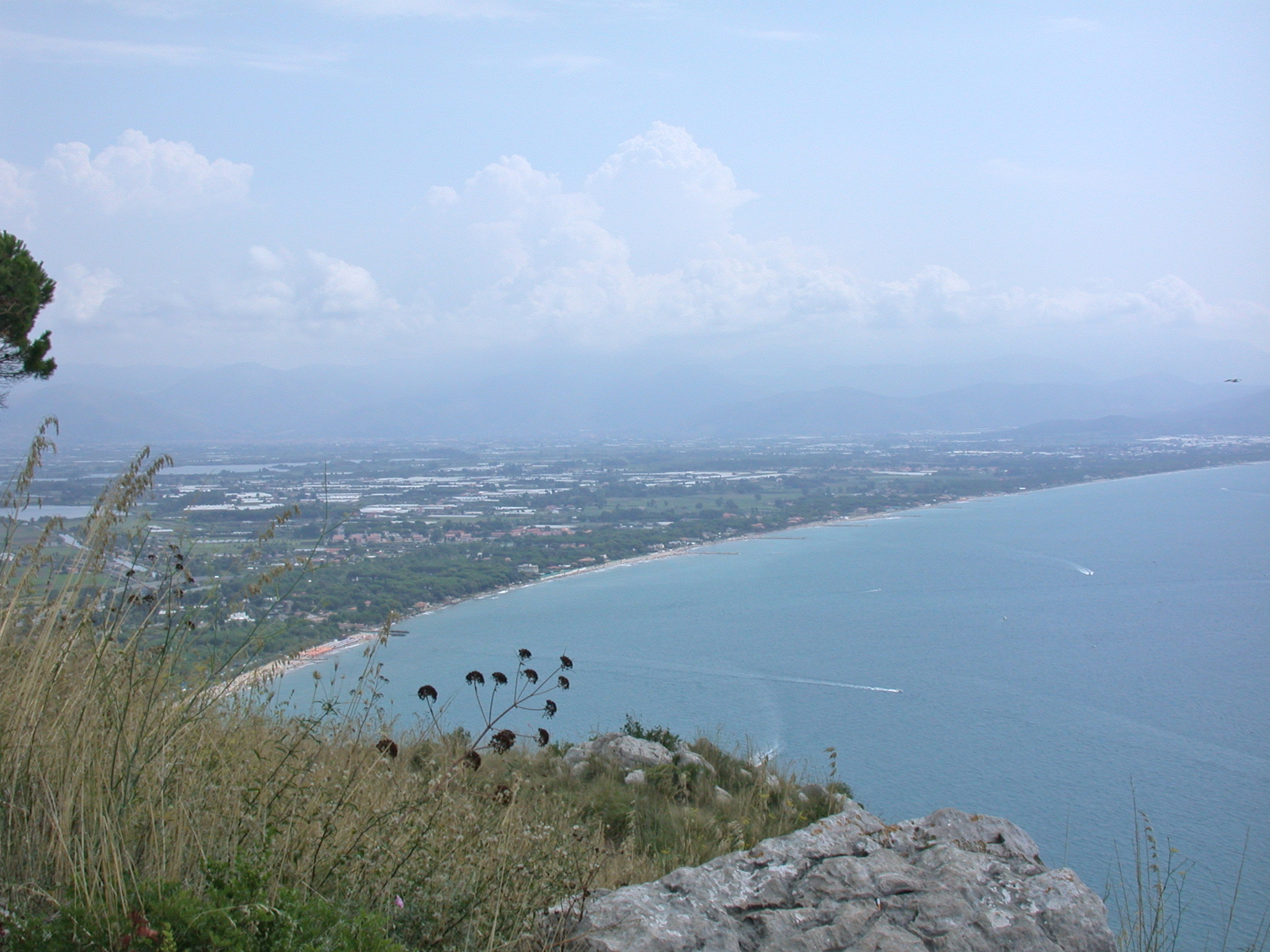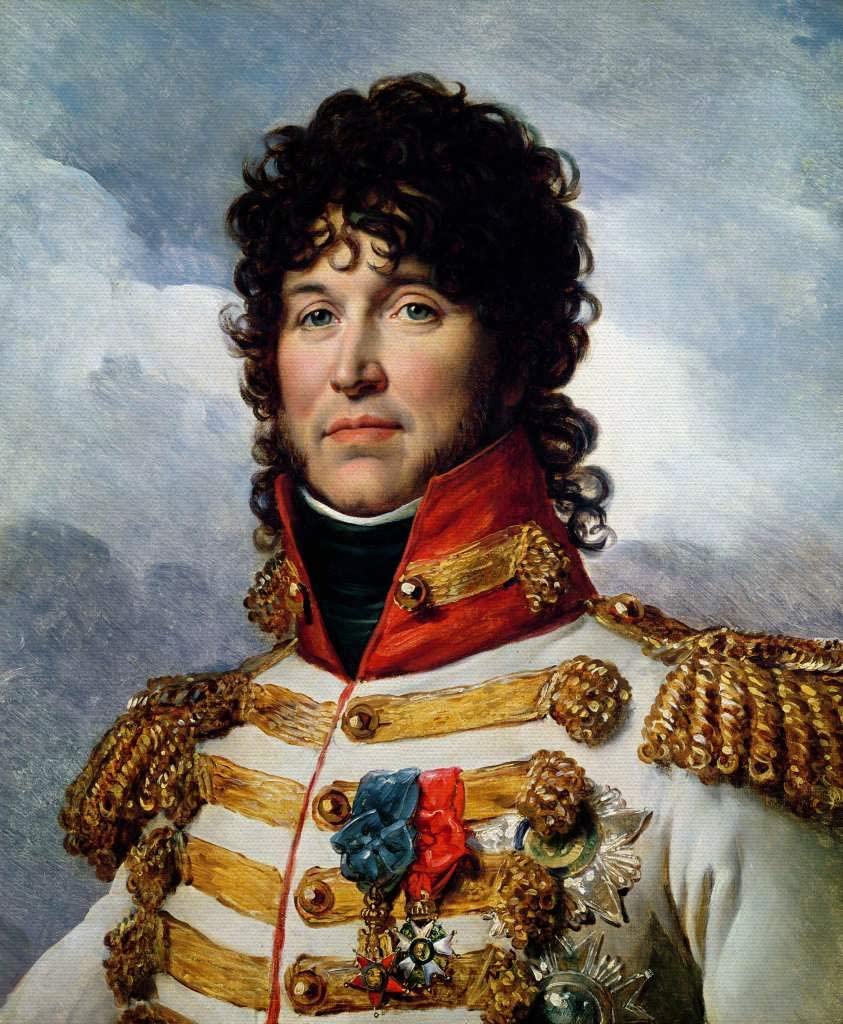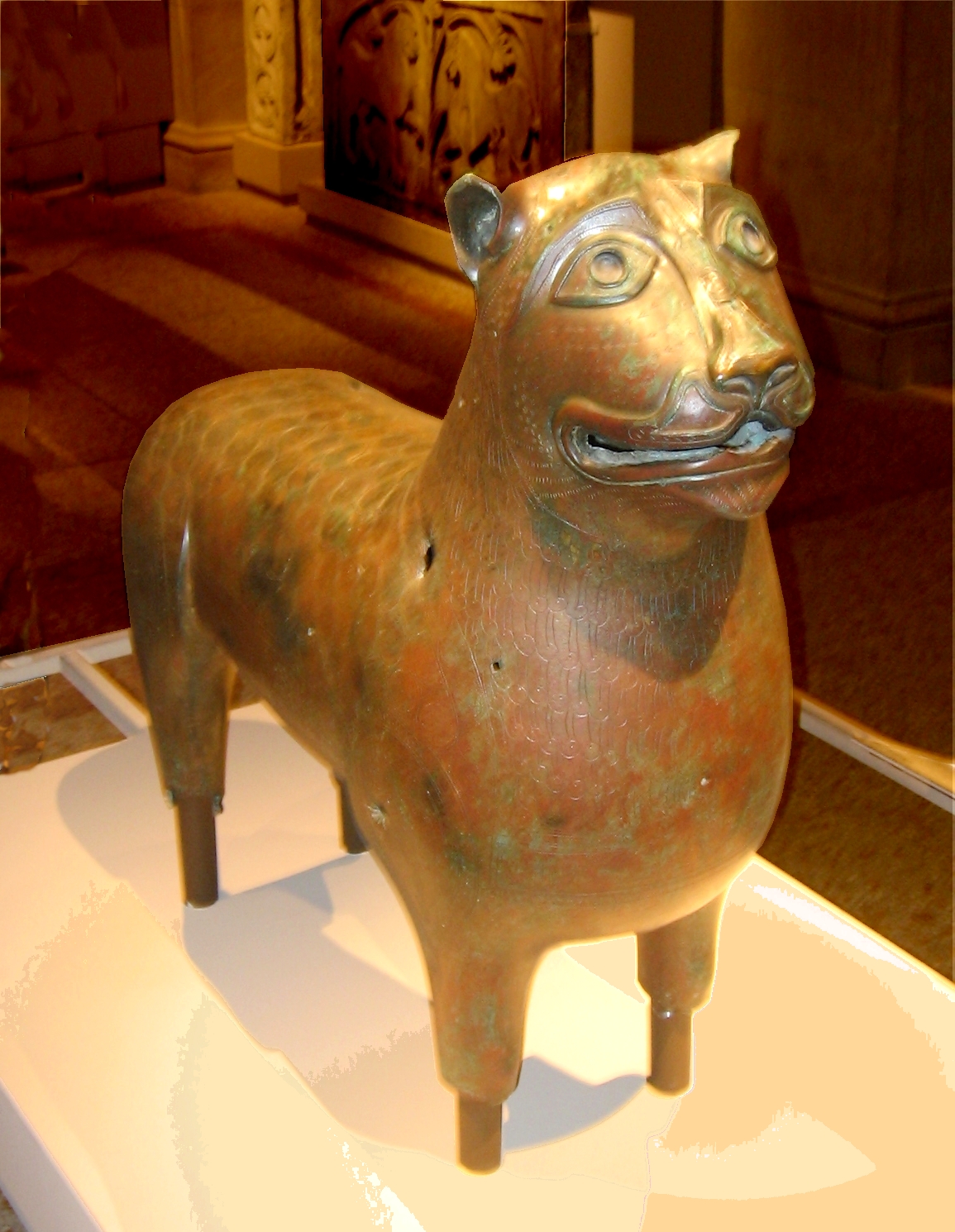|
Richard II Of Aquila
Richard II of Aquila was an Italo-Norman nobleman and count of Fondi. He was descended from a prominent Norman family from L'Aigle (Italianised as ''Aquila'', both meaning "eagle"). He was one of the premier rebels against William I of Sicily during the first years of his reign. In May 1156, Richard betrayed the rebels of Bari and opened that city to the ravages of a vengeful William. Sources *Hugo Falcandus Hugo Falcandus was a historian who chronicled the reign of William I of Sicily and the minority of his son William II in a highly critical work entitled ''The History of the Tyrants of Sicily'' (or ''Liber de Regno Sicilie''). The Latin of the work ...''History of the Tyrants of Sicily''at The Latin Library. * Norwich, John Julius. ''The Kingdom in the Sun 1130-1194''. London: Longman, 1970. External links1154–1166: Guglielmo il Malo — Maione — Matteo Bonello {{DEFAULTSORT:Richard 02 Of Aquila Italo-Normans Norman warriors Counts of Aquila 12th-century Italia ... [...More Info...] [...Related Items...] OR: [Wikipedia] [Google] [Baidu] |
Italo-Norman
The Italo-Normans ( it, Italo-Normanni), or Siculo-Normans (''Siculo-Normanni'') when referring to Sicily and Southern Italy, are the Italian-born descendants of the first Norman conquerors to travel to southern Italy in the first half of the eleventh century. While maintaining much of their distinctly Norman piety and customs of war, they were shaped by the diversity of southern Italy, by the cultures and customs of the Greeks, Lombards, and Arabs in Sicily. History Normans first arrived in Italy as pilgrims, probably on their way to or returning from either Rome or Jerusalem, or from visiting the shrine at Monte Gargano, during the late tenth and early eleventh centuries. In 1017, the Lombard lords in Apulia recruited their assistance against the dwindling power of the Byzantine Catapanate of Italy. They soon established vassal states of their own and began to expand their conquests until they were encroaching on the Lombard principalities of Benevento and Capua, Saracen- ... [...More Info...] [...Related Items...] OR: [Wikipedia] [Google] [Baidu] |
Fondi
Fondi ( la, Fundi; Southern Laziale: ''Fùnn'') is a city and ''comune'' in the province of Latina, Lazio, central Italy, halfway between Rome and Naples. As of 2017, the city had a population of 39,800. The city has experienced steady population growth since the early 2000s, though this has slowed in recent years. Before the construction of the highway between the latter cities in the late 1950s, Fondi had been an important settlement on the Roman Via Appia, which was the main connection from Rome to much of southern Italy. Geography Fondi is the main town of the Plain of Fondi (''Piana di Fondi'' in Italian), a small plain between the Ausoni and Aurunci mountains and the Tyrrhenian Sea. The plain includes three lakes and is agriculturally very fertile. Most in evidence are greenhouses for the production of early crops for sale in Rome. The long sandy beach stretches from Sperlonga in the south-east to Terracina in the north-west and lies along the Gulf of Gaeta, with views ... [...More Info...] [...Related Items...] OR: [Wikipedia] [Google] [Baidu] |
Duchy Of Normandy
The Duchy of Normandy grew out of the 911 Treaty of Saint-Clair-sur-Epte between King Charles III of West Francia and the Viking leader Rollo. The duchy was named for its inhabitants, the Normans. From 1066 until 1204, as a result of the Norman conquest of England, the dukes of Normandy were usually also kings of England, the only exceptions being Dukes Robert Curthose (1087–1106), Geoffrey Plantagenet (1144–1150) and Henry II (1150-1152), who became king of England in 1152. In 1202, Philip II of France declared Normandy forfeit to him and seized it by force of arms in 1204. It remained disputed territory until the Treaty of Paris of 1259, when the English sovereign ceded his claim except for the Channel Islands; i.e., the Bailiwicks of Guernsey and Jersey, and their dependencies (including Sark). In the Kingdom of France, the duchy was occasionally set apart as an appanage to be ruled by a member of the royal family. After 1469, however, it was permanently united to the ... [...More Info...] [...Related Items...] OR: [Wikipedia] [Google] [Baidu] |
L'Aigle
L'Aigle is a commune in the Orne department in Normandy in northwestern France. Before 1961, the commune was known as ''Laigle''. According to Orderic Vitalis, the nest of an eagle (''aigle'' in French) was discovered during the construction of the castle. The river Risle flows through the commune. L'Aigle station has rail connections to Argentan, Paris and Granville. Meteorite On 26 April 1803 a meteoroid entered the Earth's atmosphere and air burst over L'Aigle. Population Heraldry Events * 8 January 1354 : Assassination of the constable of France, Charles d'Espagne, by men of Charles the Bad, king of Navarre. * 26 April 1803 - meteorite falls. Twin towns – sister cities L'Aigle is twinned with: * Aigle, Switzerland * Clausthal-Zellerfeld, Germany * Spišská Nová Ves, Slovakia See also * Communes of the Orne department * L'Aigle station * L'Aigle family The l'Aigle family was a Norman family that derived from the town of L'Aigle, on the southeastern borders of ... [...More Info...] [...Related Items...] OR: [Wikipedia] [Google] [Baidu] |
William I Of Sicily
William I (1120 or 1121May 7, 1166), called the Bad or the Wicked ( scn, Gugghiermu lu Malu), was the second king of Sicily, ruling from his father's death in 1154 to his own in 1166. He was the fourth son of Roger II and Elvira of Castile. William's title "the Bad" seems little merited and expresses the bias of the historian Hugo Falcandus and the baronial class against the king and the official class by whom he was guided. Early life William was the son of King Roger II of Sicily, grandson of Count Roger I of Sicily, and great-grandson of Tancred of Hauteville. He grew up with little expectation of ruling. The deaths of his three older brothers Roger, Tancred, and Alfonso between 1138 and 1148 changed matters, though when his father died William was still not well-prepared to take his place. Kingship On assuming power, William kept the administration which had guided his father's rule for his final years. Only the Englishman Thomas Brun was removed, and the chancellor Ma ... [...More Info...] [...Related Items...] OR: [Wikipedia] [Google] [Baidu] |
Bari
Bari ( , ; nap, label= Barese, Bare ; lat, Barium) is the capital city of the Metropolitan City of Bari and of the Apulia region, on the Adriatic Sea, southern Italy. It is the second most important economic centre of mainland Southern Italy after Naples. It is a port and university city, as well as the city of Saint Nicholas. The city itself has a population of 315,284 inhabitants, over , while the urban area has 750,000 inhabitants. The metropolitan area has 1.3 million inhabitants. Bari is made up of four different urban sections. To the north is the closely built old town on the peninsula between two modern harbours, with the Basilica of Saint Nicholas, the Cathedral of San Sabino (1035–1171) and the Hohenstaufen Castle built for Frederick II, which is now also a major nightlife district. To the south is the Murat quarter (erected by Joachim Murat), the modern heart of the city, which is laid out on a rectangular grid-plan with a promenade on the sea and the majo ... [...More Info...] [...Related Items...] OR: [Wikipedia] [Google] [Baidu] |
Hugo Falcandus
Hugo Falcandus was a historian who chronicled the reign of William I of Sicily and the minority of his son William II in a highly critical work entitled ''The History of the Tyrants of Sicily'' (or ''Liber de Regno Sicilie''). The Latin of the work is polished. There is some doubt as to whether "Hugo Falcandus" is a real name or a pseudonym. Evelyn Jamison argued that he was Eugenius, '' amiratus'' from 1190. The Frenchman Hugues Foucaud (''Hugo Fulcaudus''), abbot of Saint-Denis, has been proposed as an author.Christopher Kleinhenz"Medieval Italy: an encyclopedia, Volume 1" Routledge, 2004, p. 517. His name, ''Falcandus'', is apparently a cacography for ''Falcaudus'', Latin for " Foucaud", a French surname. The ''History'' covers the period from the death of Roger II in 1154 to the majority of William II, in 1169. Hugo concentrates on the internal politics of the Palermitan Norman court. Intrigues and scandals are never ignored. He has a low opinion of most of his contemporaries ... [...More Info...] [...Related Items...] OR: [Wikipedia] [Google] [Baidu] |
The Latin Library
The Latin Library is a website that collects public domain Latin texts. It is run by William L. Carey, adjunct professor of Latin and Roman Law at George Mason University. The texts have been drawn from different sources, are not intended for research purposes nor as substitutes for critical editions, and may contain errors. There are no translations at the site. See also *Latin literature *Corpus Corporum *Library of Latin Texts The Library of Latin Texts (LLT) is a subscription-based database of Latin texts, from antiquity up to the present day. Started in 1991 as the ''Cetedoc Library of Christian Latin Texts'' (CLCLT), it continues to be developed by the ''Centre ‘T ... References External links * {{DEFAULTSORT:Latin Library Latin-language literature Computing in classical studies American digital libraries ... [...More Info...] [...Related Items...] OR: [Wikipedia] [Google] [Baidu] |
John Julius Norwich
John Julius Cooper, 2nd Viscount Norwich, (15 September 1929 – 1 June 2018), known as John Julius Norwich, was an English popular historian, travel writer, and television personality. Background Norwich was born at the Alfred House Nursing Home on Portland Place in Marylebone, London, on 15 September 1929. He was the son of Conservative politician and diplomat Duff Cooper, later Viscount Norwich, and of Lady Diana Manners, a celebrated beauty and society figure. He was given the name "Julius" in part because he was born by caesarean section. Such was his mother's fame as an actress and beauty that the birth attracted a crowd outside the nursing home and hundreds of letters of congratulations. Through his father, he was descended from King William IV and his mistress Dorothea Jordan. He was educated at Egerton House School in Dorset Square, London, later becoming a boarder at the school when it was evacuated to Northamptonshire before the outbreak of the Second World War. ... [...More Info...] [...Related Items...] OR: [Wikipedia] [Google] [Baidu] |
Italo-Normans
The Italo-Normans ( it, Italo-Normanni), or Siculo-Normans (''Siculo-Normanni'') when referring to Sicily and Southern Italy, are the Italian-born descendants of the first Norman conquerors to travel to southern Italy in the first half of the eleventh century. While maintaining much of their distinctly Norman piety and customs of war, they were shaped by the diversity of southern Italy, by the cultures and customs of the Greeks, Lombards, and Arabs in Sicily. History Normans first arrived in Italy as pilgrims, probably on their way to or returning from either Rome or Jerusalem, or from visiting the shrine at Monte Gargano, during the late tenth and early eleventh centuries. In 1017, the Lombard lords in Apulia recruited their assistance against the dwindling power of the Byzantine Catapanate of Italy. They soon established vassal states of their own and began to expand their conquests until they were encroaching on the Lombard principalities of Benevento and Capua, Saracen- ... [...More Info...] [...Related Items...] OR: [Wikipedia] [Google] [Baidu] |
Norman Warriors
Norman or Normans may refer to: Ethnic and cultural identity * The Normans, a people partly descended from Norse Vikings who settled in the territory of Normandy in France in the 10th and 11th centuries ** People or things connected with the Norman conquest of southern Italy in the 11th and 12th centuries ** Norman dynasty, a series of monarchs in England and Normandy ** Norman architecture, romanesque architecture in England and elsewhere ** Norman language, spoken in Normandy ** People or things connected with the French region of Normandy Arts and entertainment * ''Norman'' (film), a 2010 drama film * '' Norman: The Moderate Rise and Tragic Fall of a New York Fixer'', a 2016 film * ''Norman'' (TV series), a 1970 British sitcom starring Norman Wisdom * ''The Normans'' (TV series), a documentary * "Norman" (song), a 1962 song written by John D. Loudermilk and recorded by Sue Thompson * "Norman (He's a Rebel)", a song by Mo-dettes from ''The Story So Far'', 1980 Businesses * ... [...More Info...] [...Related Items...] OR: [Wikipedia] [Google] [Baidu] |
Counts Of Aquila
Count (feminine: countess) is a historical title of nobility in certain European countries, varying in relative status, generally of middling rank in the hierarchy of nobility. Pine, L. G. ''Titles: How the King Became His Majesty''. New York: Barnes & Noble, 1992. p. 73. . The etymologically related English term "county" denoted the territories associated with the countship. Definition The word ''count'' came into English from the French ''comte'', itself from Latin '' comes''—in its accusative ''comitem''—meaning “companion”, and later “companion of the emperor, delegate of the emperor”. The adjective form of the word is " comital". The British and Irish equivalent is an earl (whose wife is a "countess", for lack of an English term). In the late Roman Empire, the Latin title '' comes'' denoted the high rank of various courtiers and provincial officials, either military or administrative: before Anthemius became emperor in the West in 467, he was a military '' ... [...More Info...] [...Related Items...] OR: [Wikipedia] [Google] [Baidu] |





